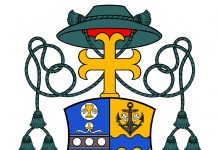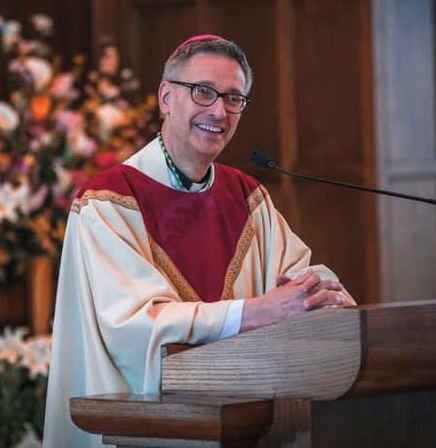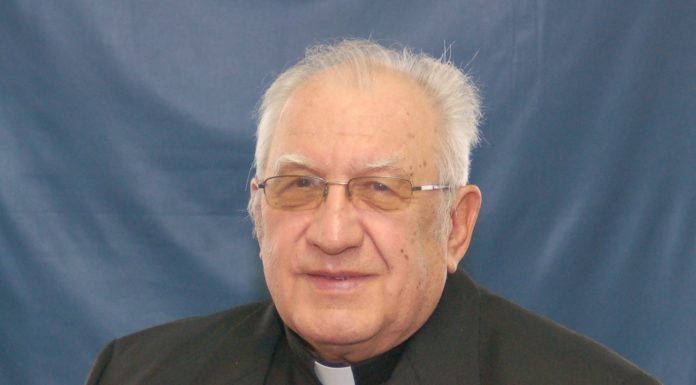Three men who lived in the same retirement community in Florida went to the funeral home as one of their neighbors had died. On the way home two of them were discussing all the things people were saying about the deceased: “He was a great humanitarian, who cared about his community.” “He was a great husband and father.” The third man in the group remained silent. So they asked him, “What would you like people to say about you at your funeral?” He quickly responded, “He’s still breathing!”
That response suggests that the third friend would rather be alive than dead. And it suggests that he was not ready for death and/or was afraid of dying. In case you did not take some time on Good Friday to think about it, the Lord Jesus was afraid of dying.
Matthew, Mark, and Luke tell us that Jesus prayed to the Father not to let him suffer the punishment of death. But in an act of faith, he begged the Father to give him all the strength and courage to die on the cross in order to save the world. It was a prayer of humility and total submission to the will of God.
As a result of that act of faith, Jesus did suffer. He died on the cross. And his breathless, lifeless body was placed in a tomb. When Mary Magdalene saw him on the morning of the Resurrection, she did not recognize him until she heard Jesus say her name. Until that personal encounter, Mary Magdalene and the other women and the apostles were crushed. They felt abandoned and defeated. They had committed their lives to the Lord Jesus and his Gospel. But after what happened at Calvary, they could hardly breathe.
Then an angel told them that the Lord Jesus has been raised from the dead and he plans to meet with them. The same Risen Lord plans to meet with us as we celebrate the Resurrection.
When the Risen Lord appeared to the disciples in the upper room, his first word was: “Peace.” In Hebrew it is “Shalom,” which is a greeting and a blessing in which you wish another person that all is well, all is whole, and everything is right with that person as the Lord wants it to be.
In John’s Gospel it says when Jesus greeted the worried, frightened, and discouraged disciples who were in hiding after Jesus had been crucified and buried, he breathed on them. He said, “Receive the Holy Spirit. If you forgive men’s sins, they are forgiven them; if you hold them bound, they are held bound.”
One way of discerning if someone is alive is to determine if the person is breathing. It’s called a “vital sign.” On Good Friday, the Lord Jesus truly died. But on the third day that we call Easter, the Lord Jesus made it clear that he is alive as he breathed into others the life of the Holy Spirit.
It seems like circumstances beyond our control have held us bound for such a long time. And it has made us feel like we can’t breathe. That is precisely why we need to look to the Lord Jesus who suffered and died on the cross. He has broken the power of sin and death through his Resurrection. The Lord Jesus shares with us the hope, the promise, the blessing of eternal life through his Church, in the power of the Holy Spirit.
I wish everyone the same blessings that the Lord Jesus wished upon his first disciples. During this Easter season, remind yourself and others to check your vital signs. And if there is even just a small shortness of breath, ask the Lord to breath on you or someone you know who is trying just to catch their breath. Daily prayer, the Word of God, the sacraments, and works of mercy for the good of others are the fresh air that we all need.
After visiting the funeral home, the third man in the group was silent. So they asked him, “What would you like people to say about you at your funeral?” He quickly responded, “He’s still breathing…”
With prayers and best wishes at Easter!
Bishop Mark































